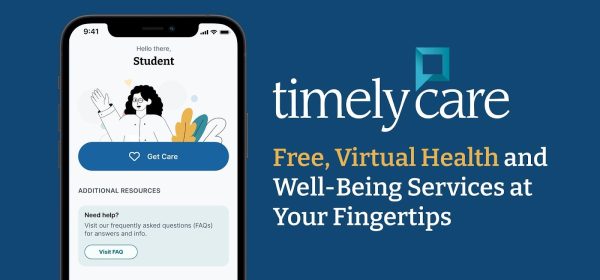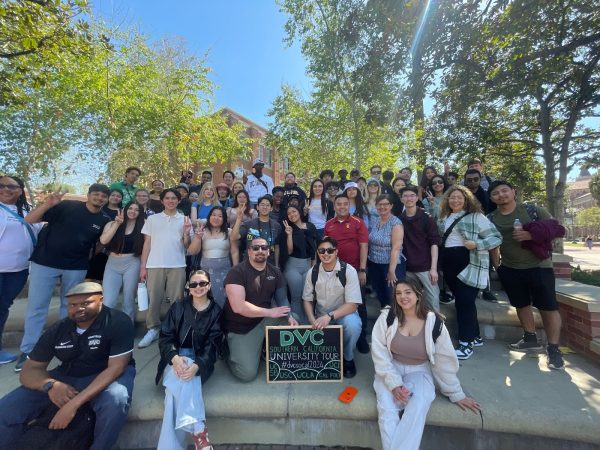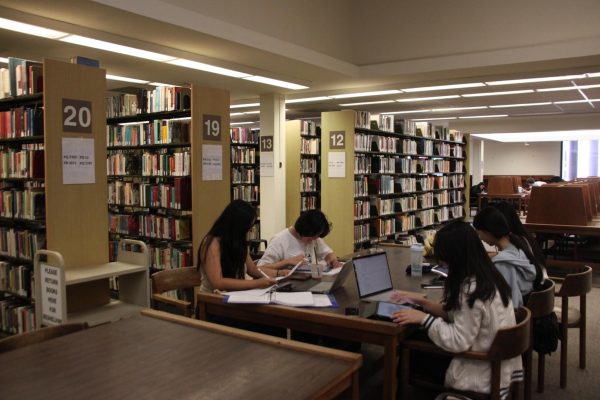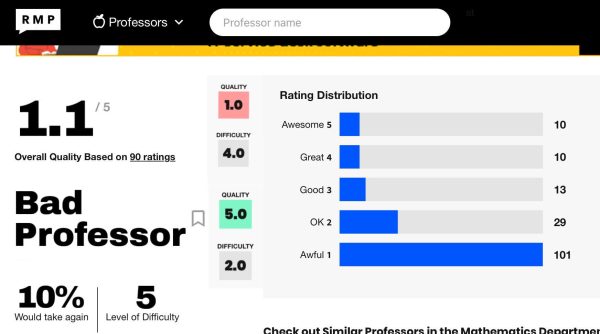Is Technology Taking Over College Learning? It Depends Who You Ask
Walk into a classroom filled with students striving to become scholars and you might see a mixture of notebooks, pens, iPads and laptops covering their desks. Sometimes the fusion of old-fashioned learning with new technology can appear overwhelming.
As students across Diablo Valley College search for multiple ways to succeed in their studies, the use of new tech devices raises a question: how effective is traditional pen and paper versus tablets and laptops?
During the first week of classes, Nicole Coniglio, who is majoring in child development, said she felt less comfortable with the way technology was taking over her college life.
Coniglio, now in her third year at DVC as she prepares to transfer to a four-year university, admitted that she always learned best when she took down notes using a pen and paper. For her, the traditional learning style is the most effective way to memorize and learn, which made the switch to online classes challenging during the pandemic.
“I am really bad at technology, so it was really hard when we had to take online classes,” she said.
Now, Coniglio said she fears the increase of technology in school could be harmful to students and educators, and believes too many media devices aren’t positive for a classroom environment.
“It’s easier to get distracted on your laptop and phone,” she said, adding that it bothers her to have to transfer so many assignments from paper into a digital form in order to submit them.
“I just prefer pen and paper. To me, when I write stuff down I remember better, but if I’m typing it doesn’t stick to me.”
The stated purpose of technology is to allow people to work more sustainably and efficiently. After two years of online classes and social distancing, students and educators have adapted to new forms of tech, such as Zoom meetings and online learning management systems like Canvas. The switch from in-person to online left students with little choice as they found themselves connected to their education through a mouse and keypad.
Yet as some students have opened up to new, digitized ways of learning, they’ve also realized how much they’re coming to rely on technology that isn’t always there when they need it.
“There was a time when technology let me down,” said Brianna Ngyuen, a third-year mechanical engineering major at DVC. “For example, I went to class one day and my iPad was dead.”
Using more technology at school came easy for Nguyen, who understood how academically beneficial and environmentally cleaner tech devices could be – requiring less paper, for example, which minimizes deforestation. Ngyuen said she finds herself working more these days with digital devices than ever before.
“I started off this semester with a notebook and pen, but I noticed how much paper I’ve been using, so I’ve resorted to having an iPad,” she said. If she had to choose one over the other, she said she leans toward using media devices.
“Honestly, both do have their pros and cons, but I just prefer the iPad, mostly because it’s more organized and structural and less use of actual paper,” Ngyuen added.
Professors may not always consider that the way they employ technology in the classroom can also heavily impact the way students learn. According to student Coniglio, “My professors actually encourage us to use laptops more, so school seems to be going towards that direction of technology.”
But even if tech-centered learning isn’t what she prefers, she recognized its benefits.
“I mean, online notes you can pull up anytime on any device,” she said.
(Illustration by Ericka Carranza)














































































